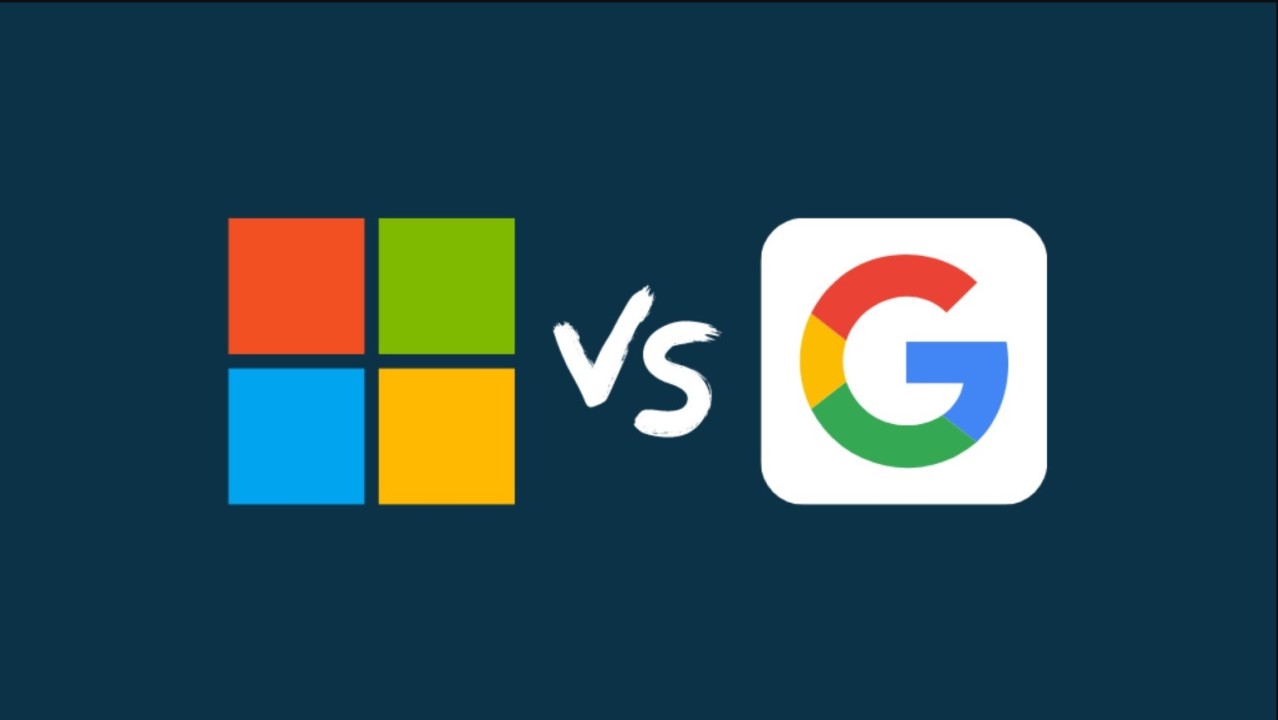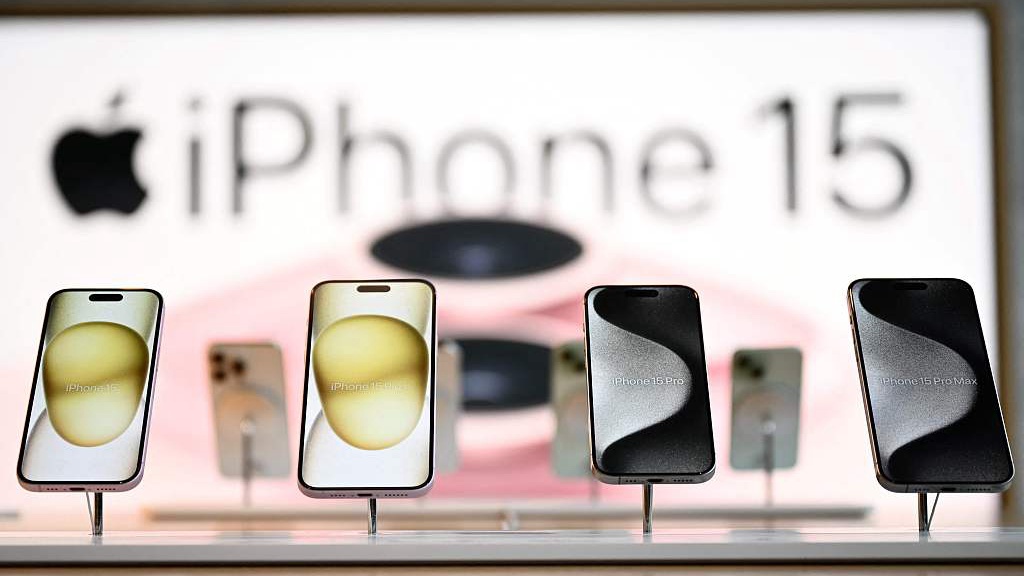Microsoft vs Google: The Battle for Search Engine Dominance
Introduction
In the ever-evolving landscape of technology and the internet, search engines play a crucial role in connecting users with relevant information. Two giants in the search engine industry, Microsoft’s Bing and Google, have been engaged in a battle for search engine dominance. Recent revelations by a Microsoft executive shed light on how Google’s deals have kept Bing small. In this article, we will explore the details of this ongoing competition and the impact it has had on the search engine market.
The Testimony of a Microsoft Executive
Jonathan Tinter, a Microsoft vice president responsible for the growth of Bing, recently testified at the U.S. Justice Department’s antitrust trial against Google. His testimony revealed that Google’s revenue-sharing agreements with smartphone makers, including Apple, have hindered Bing’s ability to become the default search engine on these devices. Tinter’s statements imply that Google’s dominant position in the market is maintained through these exclusive deals, keeping Bing in a relatively smaller position.
Bing’s Struggle for Default Status
Tinter’s testimony highlighted the challenges Bing has faced in securing default status on smartphones sold in the United States. Despite offering more than 100% of revenue share to its partners at times, Bing has not been able to replace Google as the default search engine on Android or Apple smartphones. This lack of default status has translated into poorer quality search results for Bing users.
The Impact of Google’s Dominance
The U.S. Justice Department’s case against Google accuses the company of paying $10 billion annually to wireless carriers and smartphone makers to ensure Google search remains the default option. This allegation suggests that Google has abused its monopoly power in search, adversely affecting competition in the industry. By keeping Bing at bay, Google has limited user choice and potentially stifled innovation in the search engine market.
Bing’s Struggles and Quality Concerns
Tinter’s testimony also shed light on the quality concerns surrounding Bing. An analysis conducted by Keystone Strategies in 2010 revealed that Bing users tended to use the search engine for a very short time. The analysis found that the number of Bing users who stayed with the search engine was in single digits, with more than half of new users abandoning Bing after just one day. These findings raise questions about the overall user experience and the ability of Bing to attract and retain users.
The Role of Money and Quality
During the trial, a lawyer representing Google challenged Tinter, questioning whether Bing’s failure to replace Google as the default search engine was due to poor quality rather than financial considerations. The lawyer cited the Keystone Strategies analysis, highlighting the short lifespan of Bing users. However, Tinter disagreed, emphasizing that Bing’s struggles were not solely attributed to quality but rather to the dominance and market power of Google.
The Search Engine Market Landscape
To understand the significance of the Microsoft vs Google battle, it is essential to examine the broader search engine market landscape. Google has long been the undisputed leader in search, commanding a significant share of the market. Bing, on the other hand, has been striving to capture a larger portion of the search engine market. Let’s take a closer look at the market shares and key players.
Google’s Dominance
Google has maintained a strong grip on the search engine market, consistently occupying the top position globally. Its advanced algorithms, comprehensive index, and user-friendly interface have made it the go-to search engine for billions of users worldwide. As a result, Google holds a substantial market share, with estimates ranging from 85% to 90%.
Bing’s Market Share
While Google dominates the search engine market, Bing has been making efforts to challenge its supremacy. Bing’s market share varies across different regions and devices. In the United States, Bing occupies around 6% to 7% of the search engine market, making it the second-largest search engine in the country. However, globally, Bing’s market share drops to around 3%.
Other Players in the Market
Apart from Google and Bing, there are other notable players in the search engine market. These include Yahoo, Baidu (China’s leading search engine), Yandex (Russia’s prominent search engine), and DuckDuckGo (a privacy-focused search engine). While these competitors have a smaller market share compared to Google and Bing, they continue to provide alternative search experiences and cater to specific user preferences.
The Implications of Search Engine Dominance
The dominance of Google in the search engine market raises concerns about competition, innovation, and user choice. A single company controlling a significant portion of the search engine market can potentially limit the diversity of search results and influence the flow of information. Additionally, it can create barriers to entry for new search engine providers and stifle competition.
Impact on Advertisers and Businesses
Google’s dominance also has implications for advertisers and businesses relying on search engine marketing. With a vast user base, Google offers an extensive platform for advertising and reaching potential customers. However, this dominance may lead to increased advertising costs and limited options for businesses seeking to diversify their advertising strategies.
User Privacy and Data Collection
Another area of concern in the search engine landscape is user privacy and data collection. Google’s extensive data collection practices have drawn scrutiny from privacy advocates and regulatory bodies. The company’s ability to gather vast amounts of user data raises questions about data privacy, security, and the potential misuse of personal information.
The Future of Search Engine Competition
As the battle for search engine dominance continues, it remains to be seen how the competition between Microsoft and Google will unfold in the coming years. Bing’s struggles to gain market share and replace Google as the default search engine highlight the challenges faced by alternative search providers. However, with increasing awareness about privacy and growing demand for diverse search experiences, the future of search engine competition may hold surprises.
Technological Advancements and Innovation
Technological advancements, such as artificial intelligence and voice search, have the potential to reshape the search engine landscape. Both Microsoft and Google are investing heavily in these areas to enhance user experiences and provide more accurate and relevant search results. These innovations could level the playing field and introduce new opportunities for competition in the search engine market.
Regulatory Actions and Antitrust Scrutiny
The ongoing antitrust trial against Google, where the revelations about Google’s deals keeping Bing small have come to light, underscores the importance of regulatory actions in ensuring fair competition. Antitrust scrutiny and potential regulations may influence the dynamics of the search engine market, creating a more level playing field for alternative search providers.
Conclusion
The battle for search engine dominance between Microsoft’s Bing and Google has been a topic of intrigue and contention. Recent revelations by a Microsoft executive shed light on the impact of Google’s deals in keeping Bing small. While Google continues to dominate the search engine market, Bing’s struggles and the concerns surrounding Google’s dominance raise important questions about competition, innovation, and user choice. As technology advances and regulatory actions unfold, the future of search engine competition holds the promise of a more diversified and balanced landscape.




